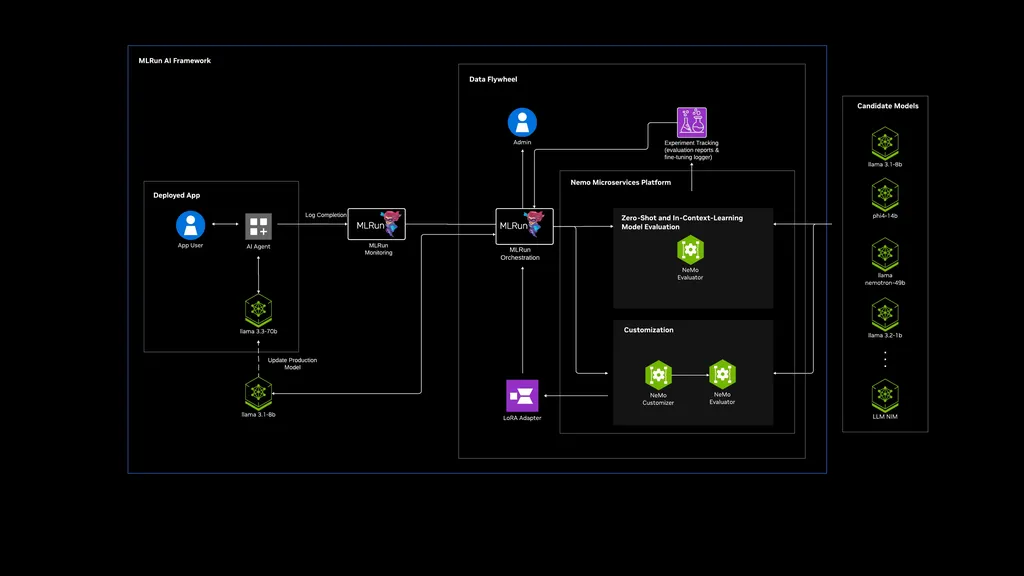In the rapidly evolving landscape of laboratory automation, a groundbreaking development has emerged that promises to revolutionize how we integrate artificial intelligence (AI) into existing robotic systems. Researchers, led by Ryo Tamura from the Center for Basic Research on Materials at the National Institute for Materials Science in Japan, have introduced NIMO, an orchestration software designed to seamlessly blend AI algorithms with legacy robotic systems. This innovation, detailed in a recent study published in the journal *Science and Technology of Advanced Materials: Methods* (translated as *Methods for Advanced Materials Science and Technology*), could have profound implications for industries relying on precise and efficient experimental processes, particularly the energy sector.
The energy sector, with its complex and often repetitive experimental processes, stands to gain significantly from this advancement. “NIMO provides a framework for integrating AI into robotic experimental systems that are controlled by other OS platforms based on both Python and non-Python languages,” explains Tamura. This means that laboratories can now upgrade their existing robotic systems with AI capabilities without the need for a complete overhaul, saving time and resources.
One of the most compelling aspects of NIMO is its ability to facilitate straightforward file exchanges, ensuring compatibility with a wide range of programming languages, including Visual Basic (VB) and LabVIEW. This flexibility is crucial for industries that have invested heavily in legacy systems. “We anticipate that NIMO’s ability to support a broad spectrum of AI-driven autonomous experiments will significantly enhance the functionality and versatility of self-driving laboratories (SDLs),” Tamura adds.
The study demonstrates the practical application of NIMO by integrating an automated liquid handling system controlled by a VB program into an SDL. Through Bayesian optimization, the system autonomously optimized the dispensing process, showcasing the potential for AI to enhance precision and efficiency in experimental workflows. This level of automation and optimization is particularly valuable in the energy sector, where experiments often involve intricate and repetitive tasks.
The implications of this research extend beyond the immediate benefits of automation. By enabling seamless integration of AI into existing systems, NIMO paves the way for more sophisticated and adaptive experimental processes. This could lead to faster discovery and development of new materials and technologies, ultimately driving innovation in the energy sector.
As the energy industry continues to evolve, the need for efficient and precise experimental processes becomes increasingly critical. The introduction of NIMO represents a significant step forward in meeting these needs, offering a versatile and adaptable solution that can be tailored to a wide range of applications. With its potential to enhance the functionality of SDLs, NIMO could well become a cornerstone of modern laboratory automation, shaping the future of experimental research in the energy sector and beyond.

